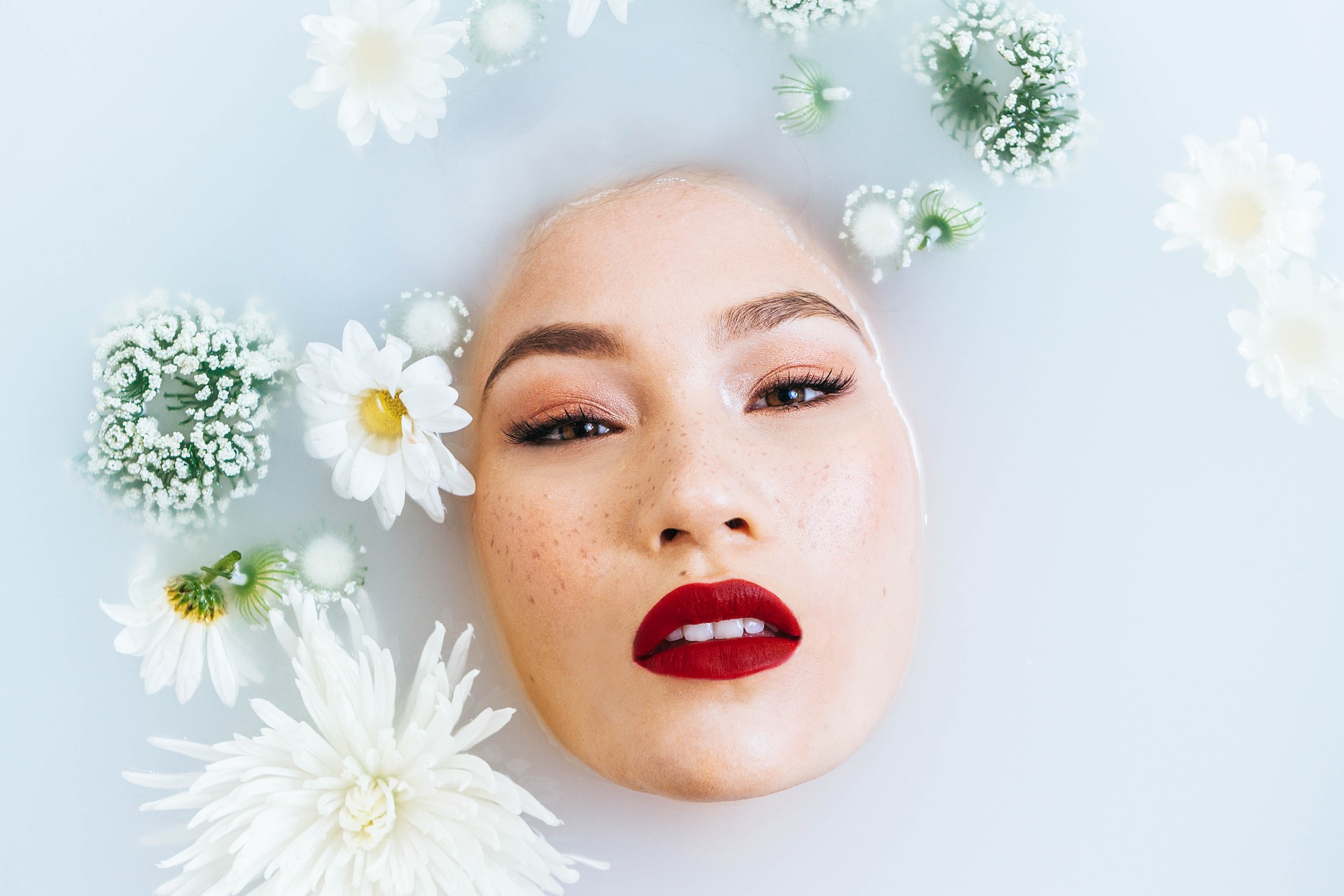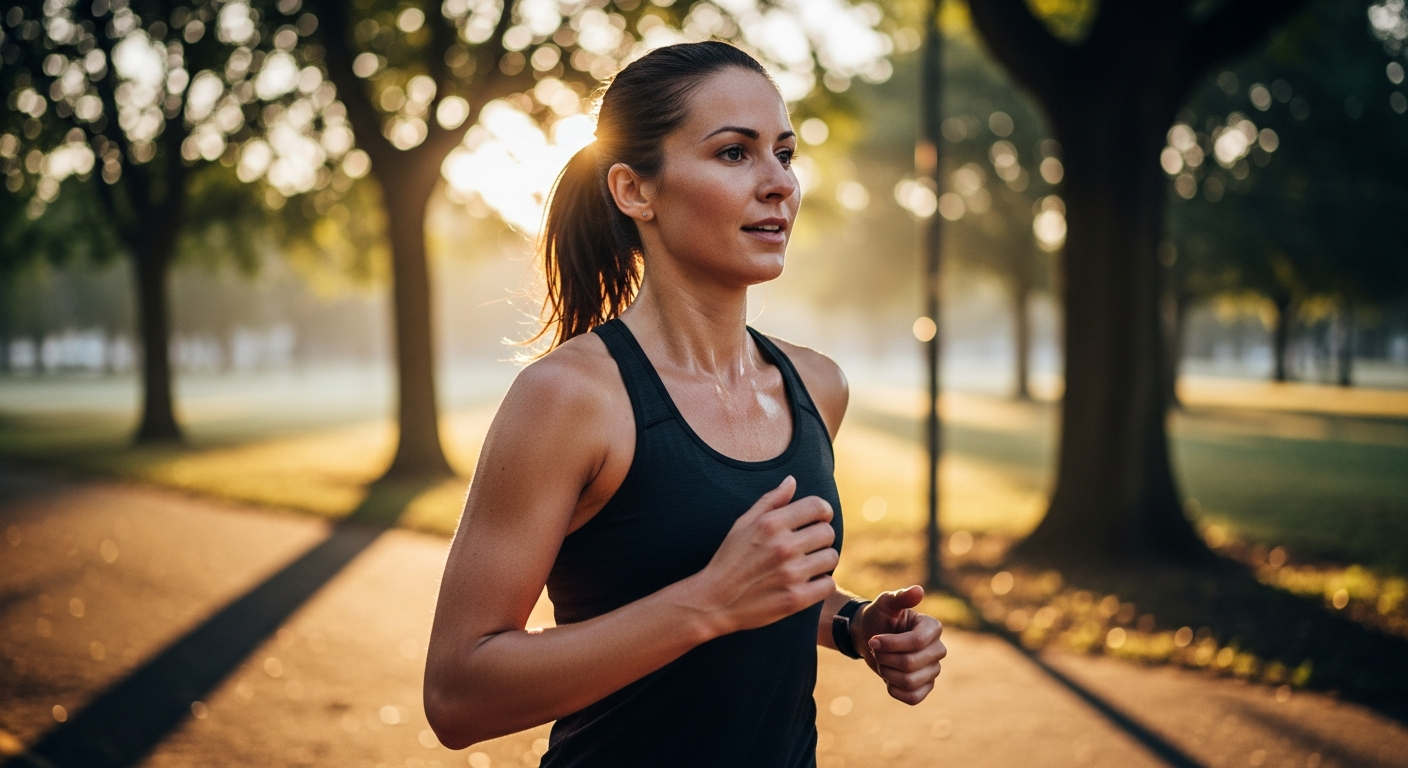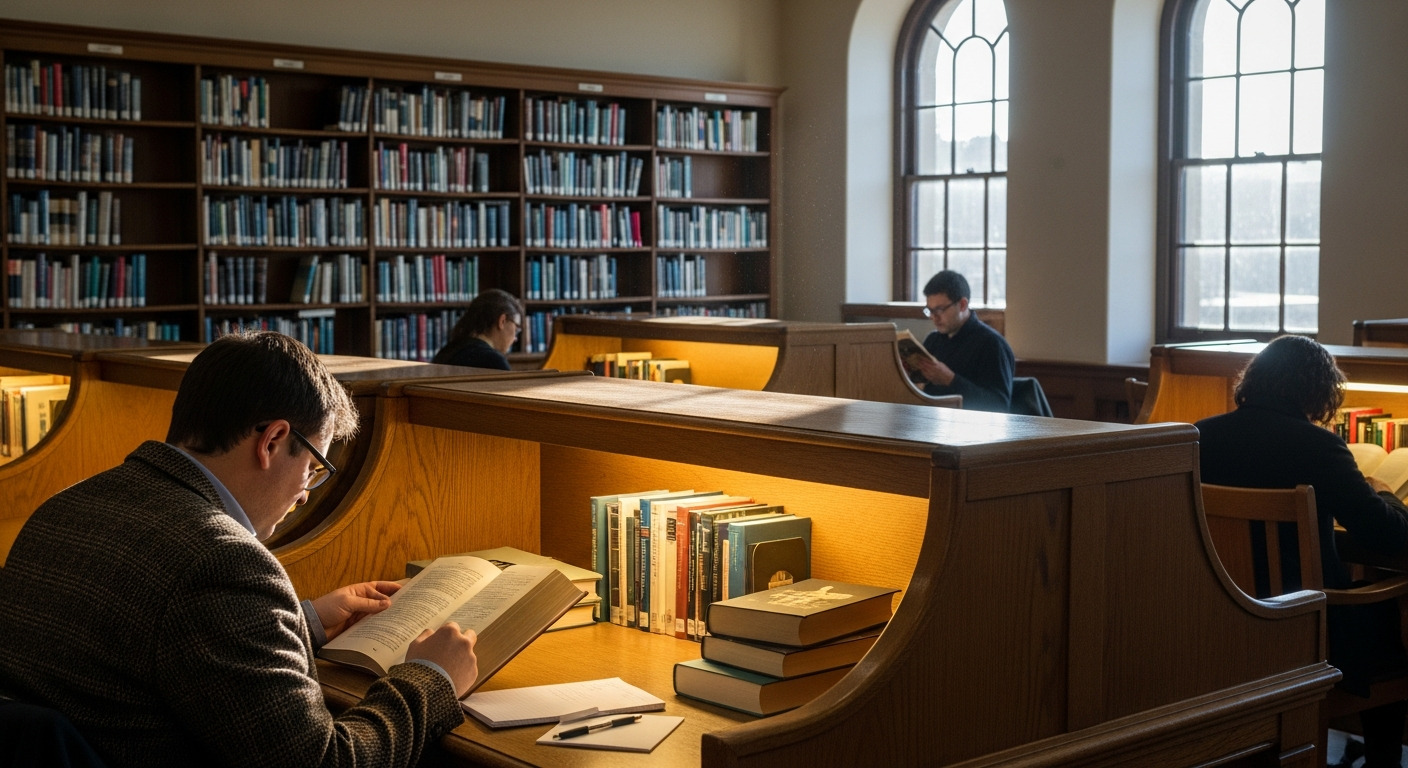The Phenomenon of Beauty Sleep: More Than Just a Myth
Sleep has always been considered crucial to overall health and well-being. But what about its role in beauty and fitness? Far from being a mere adage, the concept of "beauty sleep" has solid scientific grounding and is increasingly becoming a focal point in the beauty and fitness industries. This article delves into the history, current trends, and the true impact of beauty sleep on our lives.

A Nighttime Tale: The Origin of Beauty Sleep
The term “beauty sleep” is not a new invention. It dates back to the 16th century, when Shakespeare used it in his play, “The Taming of the Shrew.” Over the centuries, this phrase came to represent the belief that sleep could enhance physical attractiveness. But it wasn’t until the advent of modern science that we began to understand the true significance of sleep for our health, beauty, and fitness.
In the late 20th century, researchers began exploring the connection between sleep and various aspects of health and well-being. Their findings established that a good night’s sleep is not only crucial for cognitive function and emotional well-being but also for physical health, including skin health and body weight management. These discoveries paved the way for the growing interest in beauty sleep in the 21st century.
The Science of Beauty Sleep: Current Trends and Expert Analysis
Today, the beauty and fitness industries are increasingly focusing on the importance of quality sleep. Beauty brands are bringing out products specifically designed for nighttime use, promising to leverage the body’s natural repair processes that occur during sleep. Fitness experts, too, are emphasizing the role of sleep in muscle recovery, weight management, and performance improvement.
Research supports these claims. Studies have found that inadequate sleep can lead to premature skin aging, reduced skin health, and increased susceptibility to skin problems. On the fitness front, lack of sleep can hinder muscle recovery, impair performance, and contribute to weight gain by disrupting the balance of hormones that regulate hunger and metabolism.
The Impact of Beauty Sleep on the Market
The rise of beauty sleep has significantly impacted the beauty and fitness markets. The global sleep cosmetics market, for instance, is expected to grow at a Compound Annual Growth Rate (CAGR) of 5.2% from 2020 to 2027, reflecting the increasing consumer demand for products that support nighttime skin repair.
In the fitness industry, there’s a growing emphasis on sleep for optimal performance. Many fitness apps now include sleep tracking features, and sleep coaching is becoming a common offering from personal trainers and fitness centers.
The Benefits of Beauty Sleep: More Than Skin Deep
While the term “beauty sleep” might suggest a focus on physical appearance, the benefits of a good night’s sleep extend far beyond skin-deep. Adequate sleep can enhance mood, boost immunity, improve memory, and even lower the risk of chronic diseases like heart disease and diabetes. It’s an integral part of a holistic approach to beauty and fitness.
The Future of Beauty Sleep
The concept of beauty sleep is expected to continue gaining traction in the future. As consumers increasingly seek holistic and natural ways to enhance beauty and fitness, the focus on sleep is likely to intensify. Furthermore, as research continues to uncover new links between sleep and health, we can expect to see even more innovative products and services targeting beauty sleep.
In conclusion, beauty sleep is far more than a myth or a catchy phrase. It’s a science-backed aspect of beauty and fitness that offers numerous benefits for both physical appearance and overall health. Embracing the concept of beauty sleep can help us not only look better but also feel healthier and fitter. It’s high time we retired the term “beauty sleep” as a cute catchphrase and recognized it for what it truly is: a fundamental element of self-care and wellness.






